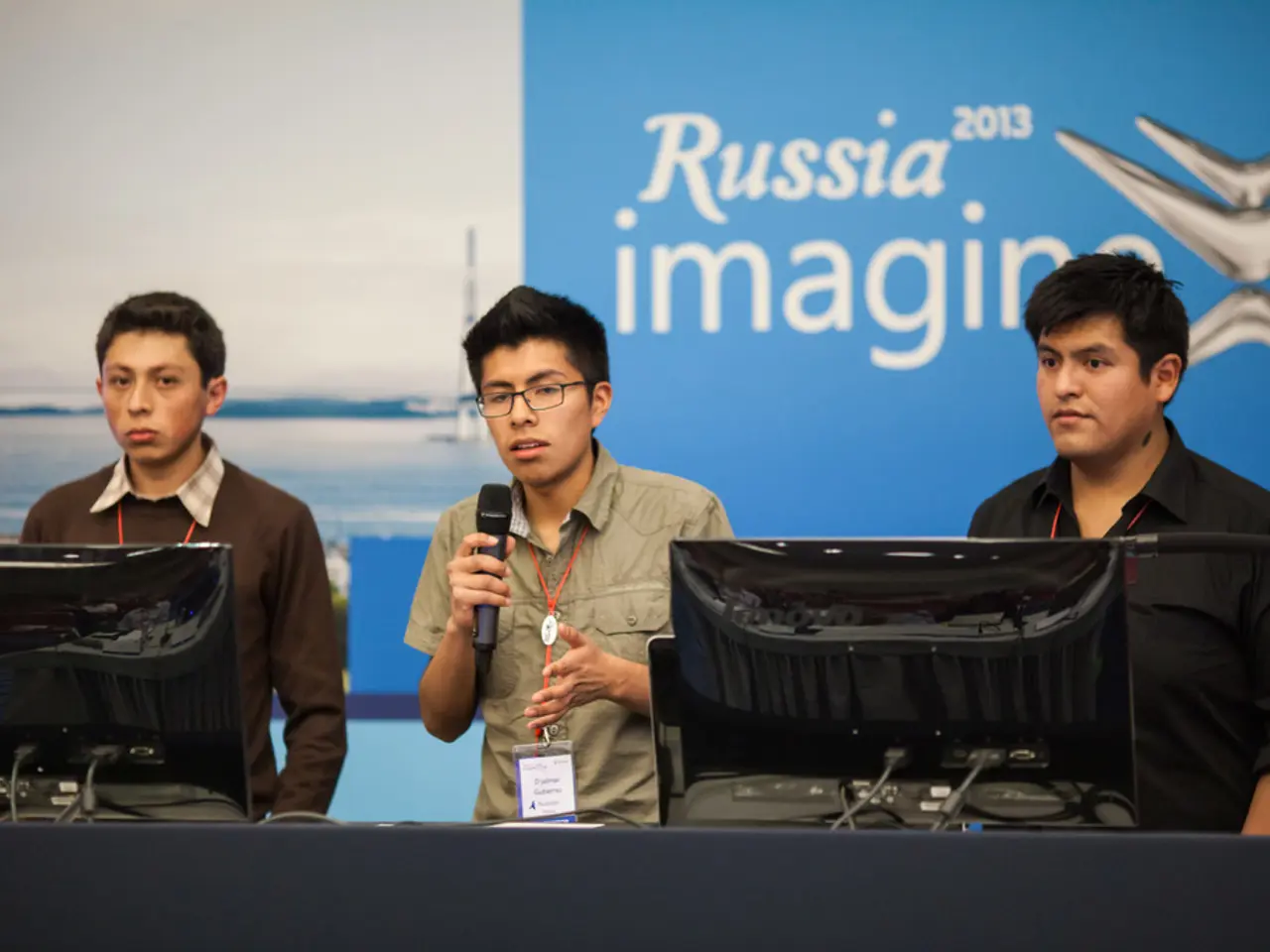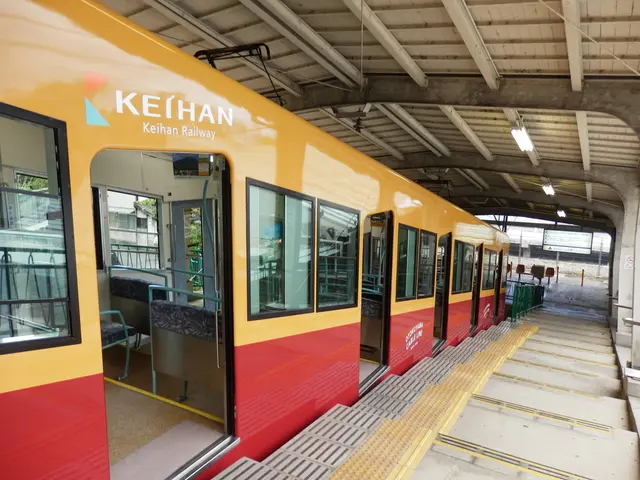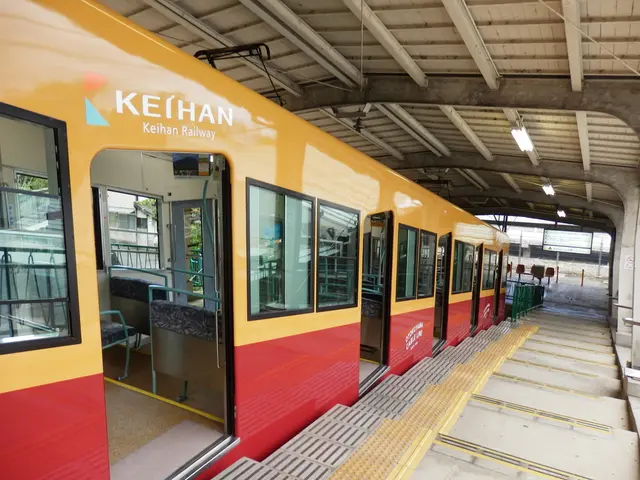Highlights of Kazakhstan's Diplomatic Achievements in the Year 2024
Kazakhstan's Role as a Middle Power in the Global Arena
Kazakhstan has been making waves in international diplomacy, particularly in the role of a middle power. This was evident at the 29th UN Climate Change Conference in Baku, where President Tokayev delivered a keynote speech at the opening session.
The country's leadership in multilateral organizations such as the Shanghai Cooperation Organization (SCO), the Organization for Turkic States, the Conference on Interaction and Confidence-Building Measures in Asia (CICA), and the Collective Security Treaty Organization (CSTO) has further highlighted Kazakhstan's capacity to act as a stabilizing force in the region and work with like-minded nations to find collective solutions.
In August, a Swedish scholar, Svante E. Cornell, dedicated a feature article to discussing the rising middle powers in Central Asia, arguing that Kazakhstan is redefining its role on the global stage. This assertion was further supported by Kazakhstan's hosting of the Astana Think Tank Forum, serving as a platform for intellectual exchange on the role of middle powers in a changing geopolitical landscape.
Kazakhstan's actions in 2024 exemplified the concept of middle power, with President Tokayev making state visits to various countries and securing significant deals. These visits included Italy, Qatar, Azerbaijan, China, Uzbekistan, Armenia, Russia, Singapore, Tajikistan, Turkmenistan, France, Mongolia, Serbia, Hungary, and resulted in 18 deals worth more than $1.5 billion during his visit to Italy alone.
Kazakhstan's influence comes not from military force but from its diplomatic capacity. The country is a strong advocate of multilateralism and has pursued a multivector foreign policy since gaining independence in 1991, balancing relations with the world's major powers while asserting the country's sovereignty and regional influence.
In terms of travel, Kazakhstan expanded its visa policies, introducing a visa-free regime with Thailand and Vietnam in the current year, and a Neo-Nomad visa in November, specifically designed for digital nomads. This move has led to a significant increase in visitors from major tourist markets like China and India.
Moreover, Kazakhstan has been proactive in addressing global challenges. The One Water Summit in December highlighted the nation's efforts in addressing water challenges. Similarly, Kazakhstan facilitated dialogue between countries, hosting back-channel talks and fostering mutual understanding on regional security issues, as demonstrated by the peace talks between foreign ministers of Armenia and Azerbaijan.
The Shanghai Cooperation Organization (SCO) summit in Astana in June, which concluded with Belarus joining as a full member, was another testament to Kazakhstan's diplomatic prowess. At an international conference in Abu Dhabi, Kazakh Deputy Foreign Minister Roman Vassilenko used a yurt, a traditional Kazakh round felt house, as a metaphor to describe the nation's balanced and pragmatic foreign policy.
In conclusion, Kazakhstan's role as a middle power continues to grow amidst the weakening of multilateral institutions and the situation where larger powers are locked in rivalries or unable to reach consensus. The country's diplomatic efforts and balanced foreign policy have positioned it as a key player in the global arena.
Read also:
- United States tariffs pose a threat to India, necessitating the recruitment of adept negotiators or strategists, similar to those who had influenced Trump's decisions.
- Weekly happenings in the German Federal Parliament (Bundestag)
- Southwest region's most popular posts, accompanied by an inquiry:
- Discussion between Putin and Trump in Alaska could potentially overshadow Ukraine's concerns






